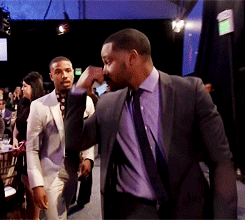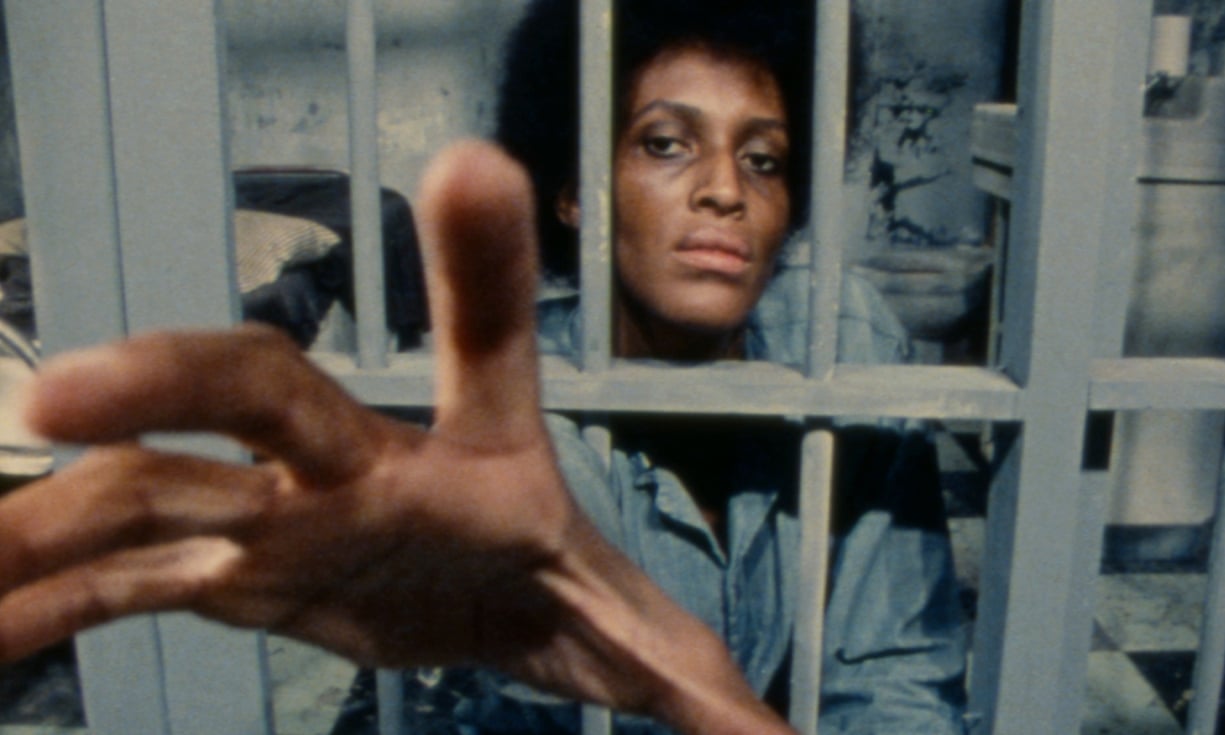In 2015, Lee and Low Books released an infographic and study highlighting the racial and gender disparity evident in the Oscars since 1927. The analysis mainly focused on the need for the Academy Awards to be more inclusive of people of color as it exposed that minorities accounted for 2 percent of the producers, 2 percent of the writers and 12 percent of the actors possessing membership in the Academy branches.
After no people of color received nominations in 2015 and 2016, the push from the popular #OscarsSoWhite campaign was directed toward increasing the number of people of color who deserve nominations for their notable character portrayals. The secondary motive was to show the need for more black directors and producers as these positions make the critical decisions about the content filmed and the actors and actresses cast in leading and supporting roles.

Photo: Lee & Lows Books
As part of the effort, the Academy invited a record number of new members: 683 film industry professionals from 59 countries. In this group, 46 percent of invitees were women, while 41 percent were people of color.
According to TIME Magazine, various records were broken at the 2017 Oscars as a result of the movement including the nomination of seven minority actors (six of whom are black) and nine films and documentaries that featured nonwhite leading characters. Beloved actors Mahershala Ali (Moonlight) and Viola Davis (Fences) won in the categories of Best Performance by an Actor/Actress in a Supporting Role while director Barry Jenkins (Moonlight) won Best Picture and Best Adapted Screenplay.
Since the prized wins by these industry professionals, some actors have steadily received nominations and wins for their notable roles in television series and motion pictures. However, the number of people of color who are receiving awards consideration as filmmakers is too low and unacceptable.
Fortunately, as media sources and prejudiced commentators continue to depict an image of the proverbial ceiling they think we cannot achieve, black filmmakers are adamantly fighting to project a picture contrary to what others believe.
Most recently, writer Jordan Peele’s accomplishment as the first black person to win an Oscar in the Best Original Screenplay category for the racially-woke thriller Get Out serves as testimony emphasizing that there is a place for black people in the filmmaking industry.
After admitting to halting the Get Out production about “20 times,” all people of color could understand the feelings he expressed backstage as he cited Whoopi Goldberg’s 1991 Oscar win which inspired him to chase his dreams after first thinking there wasn’t a place for him in filmmaking. Now, Peele is a living example of why you should achieve feats for future generations stating, “This is about paying it forward to the young people who might not believe that they could achieve the highest honor in whatever craft they want to push toward."

Courtesy: Giphy
Despite the positive and raving reviews his directorial debut has received, Peele’s openness about the doubt he experienced on his path to success are similar sentiments many young black visionaries face on their journeys. Through his testimony, young black filmmakers will inherently draw motivation from his ability to persevere and overcome adversity.
Besides Peele, Kobe Bryant’s Oscar win in the Best Animated Short Film category for Dear Basketball proved to the naysayers that black people aren’t restricted to being athletes, entertainers or "hoodlums.” In a world where our education system, government and society try to tell us who black people are and what we can achieve, Kobe’s accomplishment stamped the proclamation that black people shouldn’t shut up and dribble or be relegated to be only a basketball player.

Courtesy: Giphy
Also, Ryan Coogler’s enormous success with Black Panther has helped him skyrocket to the upper echelon few filmmakers reach at such a young age. Coogler’s current position affirms things might not always work out as planned, which can sometimes be for our own good.
As an Oakland native who received an athletic scholarship to play football, Coogler was primed to be pigeonholed like other athletes have been even though he planned to use his math and science skills to eventually become a doctor. After enduring setbacks with his collegiate football career, he took a creative writing class his freshman year at California State University, Sacramento that introduced him to his passion of screenwriting.
Years later, Coogler made a name for himself with Fruitvale Station, Creed and what will arguably be the biggest movie of his career, Black Panther. In his thank you letter to fans, Coogler acknowledged, “Filmmaking is a team sport. And our team was made up of amazing people from all over the world who believed in this story.”

Courtesy: Rebloggy
With Coogler’s genuine understanding that filmmaking is a collective effort, young black producers, writers and actors will now realize that it will take more than a handful of us to create the change we wish to see in this industry.
Last, but certainly not least, Ava DuVernay’s rise to fame came largely from her role as producer of the civil rights movie Selma. With the newfound notoriety, she has jumped to directing powerful documentaries like 13th and television shows like Queen Sugar. With her newest role as director of the Disney film A Wrinkle in Time, DuVernay is not only creating a path for people of color to follow but also young girls everywhere can receive inspiration from.

Courtesy: Giphy
As we applaud the effort made by our modern day black filmmakers, the revolution didn’t begin today. For years, black filmmakers have served as pioneers who weren’t afraid to tackle the status quo and pursue their passion.
In the 1960s and 1970s, a group of black students at UCLA later named the “LA Rebellion” expressed themselves through the art of filmmaking as a response to the political unrest and violence that occurred in the aftermath of the Watts riots of 1965, a shoot-out on the UCLA campus in 1969 and the Vietnam War.
Although viewed as radicals then, many black directors and producers of the movies we received in the '80s and '90s would credit these trailblazers as the source of their inspiration.

Photo: The Guardian/Tate Modern
After these fearless UCLA students, Spike Lee gave us School Daze, Crooklyn, Mo’ Better Blues, Malcolm X and Do the Right Thing. Ernest Dickerson provided us with Juice. F. Gary Gary brought us Friday, and John Singleton gave us Boyz n the Hood. These are a few movies we’ve grown to love from black directors, and there is no limit to the amount of movies or quality of films that our people can make.
Throughout the years, black filmmakers have taken a stand by shooting back at the picture society has painted of our culture. Filmmakers are choosing to dispel the notion that we’re restricted to being actors, entertainers, athletes or thugs. Aligned with how black people have always had to kick the door down and navigate through industries that we didn’t create, we must continue to empower our producers and directors who strive to emphasize that representation matters behind the scenes too. If not us, then who?

